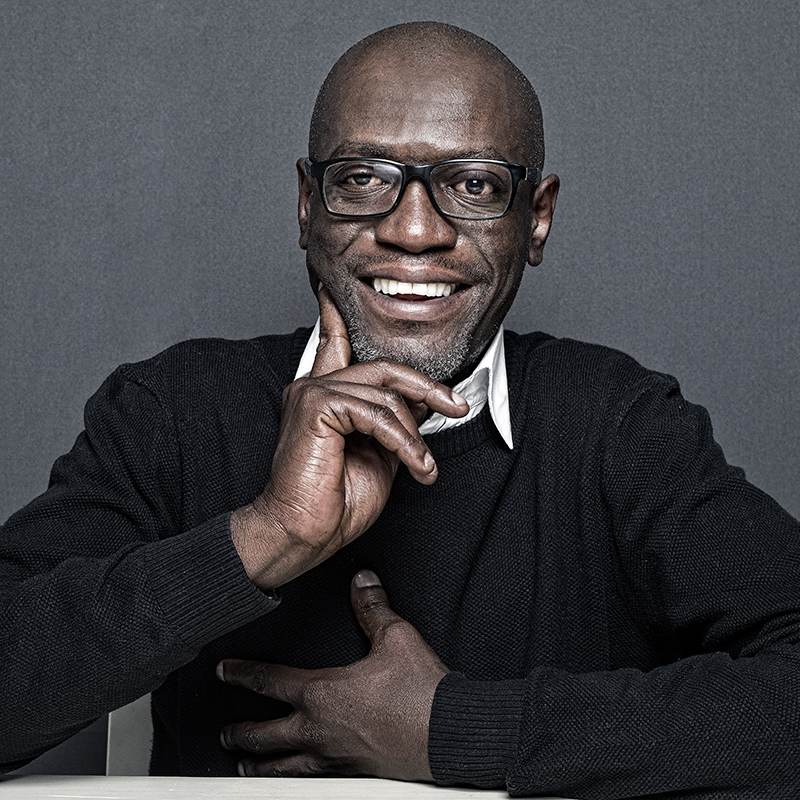Govt, regulatory support ‘critical’ for improving Africa’s 4G performance
Global connectivity intelligence firm Ookla says government support and policy action are crucial in facilitating the roll out of 4G networks across Africa.
According to Ookla, operators require assistance from authorities in the face of adverse macroeconomic, operating, and consumer affordability issues.
The company today released its review of how 4G performance has improved in certain African countries since June 2020, based on Speedtest Intelligence data.
Ookla says it analysed select African countries, that have consistently improved their ranking in its Speedtest Global Index between June 2020 and June 2023, as well as examine the drivers that contributed to the various rises.
The company analysed 4G performance in Cote d’Ivoire, Tanzania, Libya, Nigeria, Namibia, Mauritius, and Zimbabwe.
The connectivity intelligence firm says these countries can provide lessons and best practices that other regulators and operators can apply to bridge their own 4G performance gaps.
Notable finding of the review include that access to 4G service across the countries examined increased from 64.40% in 2019 to 96.3% during the first nine months of 2023.
The review says Mauritius pulled further ahead than the other countries with median 4G download speeds reaching 27.33 Mbps, in Q2 2023. This pushes it ahead of Namibia which, until then, had the fastest download speed among the countries analysed.
Ookla comments: “Government and policy intervention is critical in supporting 4G networks rollout in Africa; operators need support amid the challenging macroeconomic, operating conditions, and shrinking consumer disposable income.
“Spectrum availability is crucial to improve network performance and coverage to meet growing data demand. Public authorities can encourage efficient spectrum usage by freeing up legacy bands, refarming existing ones, and adopting technology-neutral spectrum licensing.”
Karim Yaici, lead industry analyst at Ookla, covering the Middle East and Africa region, explains how the review was conducted: “We used Ookla’s Speedtest Global Index to identify African countries that have consistently improved their mobile speed ranking.
“We then used Speedtest Intelligence data to compare 4G mobile performance on modern chipsets between Q2 2020 and Q2 2023.
“We focused on markets that offer strong growth potential for 4G, so we selected countries whose 4G share of connections was lower than 50%, at the end of 2022 (based on data from GSMA Intelligence).”
He adds: “According to Speedtest Intelligence data, Cote d’Ivoire showed impressive improvement in 4G network performance since Q2 2020, reaching a median download speed of 23.8 Mbps in Q2 2023; the third highest speed, behind only Mauritius with 27.33 Mbps and Namibia with 26.92 Mbps. Tanzania doubled its 4G download speeds to 20.83 Mbps while Libya, Nigeria, and Zimbabwe had download speeds between 15 Mbps and 20 Mbps in Q2 2023.”
According to Yaici, improvements in upload speeds over the same period and the differences between the countries were less pronounced than download speed results.
He says: “With a jump of 1.6 times in 4G upload speed between Q2 2020 and Q2 2023, Tanzania moved from fourth to second place, ahead of Cote d’Ivoire and Mauritius and just behind Namibia.
“Notably, Libya lagged behind other countries in download and upload speeds, but improved markedly over three years, despite being the last one to launch 4G in 2018, and arguably, where operators had the most challenging environment.”
